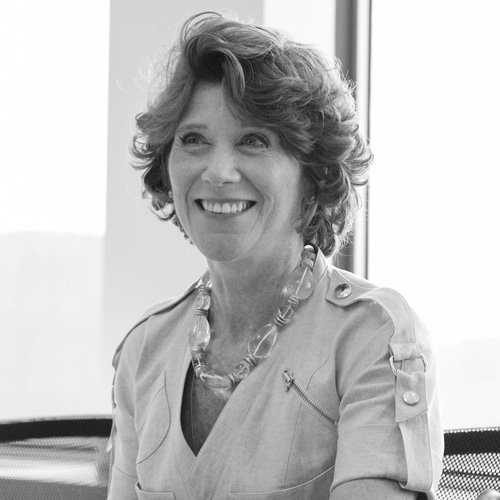Three years ago, Armored AutoGroup was launched when private-equity firm Avista Capital bought the Armor All and STP brands from The Clorox Company. The challenge: Clorox didn’t run the brands as a separate car-care business, so Armored AutoGroup had to establish an operating infrastructure. Frank Judge, vice president, general counsel, and secretary of Armored AutoGroup, explains how the company built a new car-care business to revitalize the brands.
Why were the Armor All and STP brands for sale, and why did you want them?
Frank Judge: Clorox had simply decided the brands weren’t part of its core business. But the brands are iconic. There was a time when STP, then just an oil additive, was used by cars in every major racing event in the world. In fact, it was one of the first brands to get involved in sports sponsorships. STP has sponsored NASCAR, Formula One, Indy, NHRA, and many other race series and drivers over the years. In 1972, STP first signed the legendary NASCAR driver Richard Petty, and that Petty-STP relationship remains strong today.
How did you build the business?
Judge: We basically started from scratch. We got the brands, which consisted of more than 1,100 trademarks registered worldwide, two plants in Ohio and Wales, and a handful of people. I joined the management team right after the deal closed in November 2010, and over the next year, we had to create the infrastructure for the entire operating business.
What did that entail?
Judge: We had no headquarters. We had no warehouses. We had few employees. We had no contracts with suppliers or customers. So we had to find properties and negotiate leases. We had to decide which services, such as purchasing and customer service, would be done in house and which would be handled by outside services. We had to establish a supply chain and negotiate agreements with the suppliers. We had to negotiate new contracts with every customer. Clorox supported continued sales during this transition, but making a rapid transition was critical to our controlling and growing the new business. We put most of the infrastructure into place within a year of acquiring the business.
How have you rejuvenated the brands?
Judge: As soon as the deal closed, we started looking for branding opportunities, and in the space of several weeks, were able to negotiate title sponsorships of several NASCAR races, starting with the STP 400 Sprint Cup race in Kansas City, in April 2011, as well as several other racing sponsorships.
What did you bring to the business from your past experiences?
Judge: More than 25 years of experience handling a wide range of legal matters for leading global consumer-products companies and brands. All of that experience came into play as we put together the infrastructure for a new global operating business in record time.
Is there anything you’d change about the way you built the business?
Judge: We didn’t fill some key positions early enough, and we also relied too heavily on consultants during the transition. I remember, early on, being on large finance and supply-chain conference calls and having to ask if we had any employees on the call. I didn’t want consultants making decisions we’d live with.

